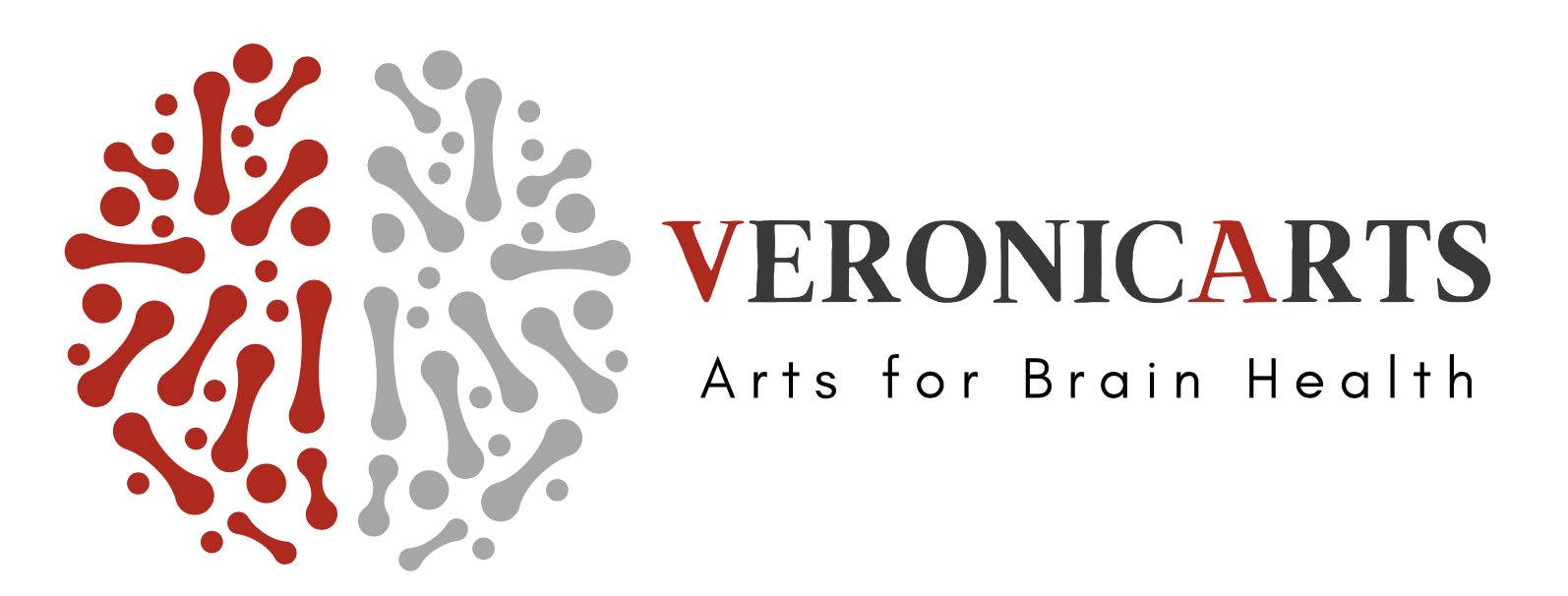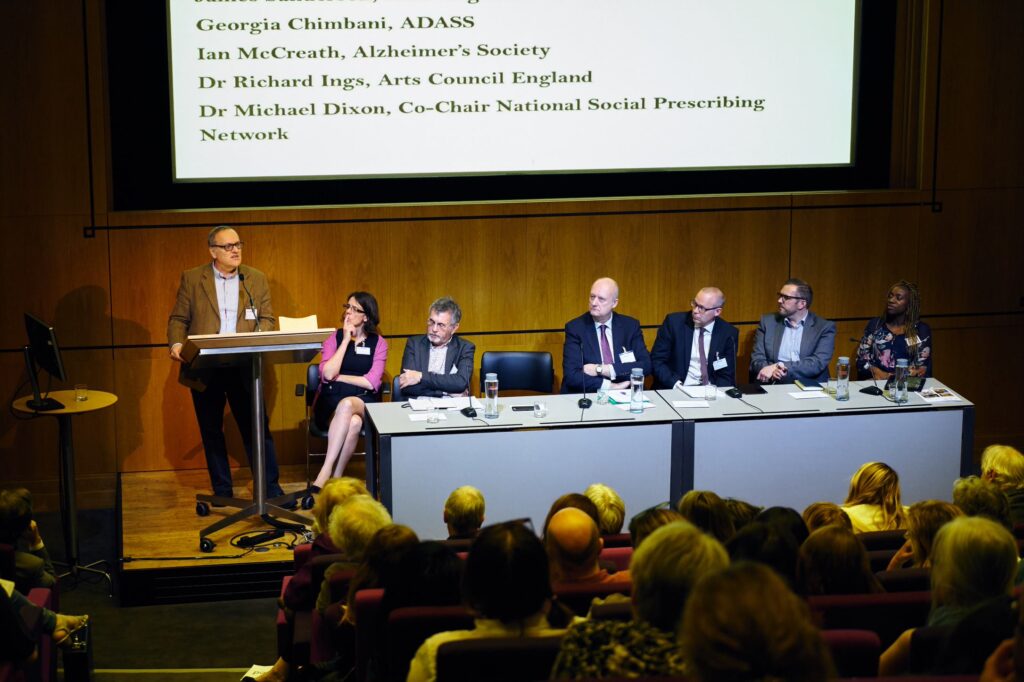
A4D Best Practice Social Prescribing Conference
‘Towards Social Prescribing (Arts & Heritage) for the Dementias’, The Wellcome Collection, 16 May 2019.
Leaders in social prescribing and arts for health and social care initiate key policy debate in this first UK conference on social press bribing for the dementias, to drive forward direction to arts on diagnosis:
Each year there are almost ten million new cases of dementia – over 200,000 in the UK. There is no cure, but widespread evidence that engaging with arts and heritage helps protect against the risk of cognitive decline and empowers individuals and their family carers to override anxieties caused by dementia, develop new creative experiences, preserve speech and language skills and nurture resilience in the community, despite dementia.
On diagnosis, people need direction to the arts to counteract loss and preserve cognitive function. Social prescribing, whereby surgery case managers, health support workers and link workers encourage people to choose arts programmes of interest, can achieve this. But the focus of social prescribing is rarely on dementia.
_________________________________________________________________________________________________________________________
Secretary of State for Health and Social Care, The Rt. Hon. Matt Hancock, 2019.
Although there is not yet a cure I believe we can do more to improve the lives of people with the condition. We can and should harness the incredible power of the arts and social activities to help people cope better with symptoms and stay connected to their communities. This is the kind of good-value, easy-to-use social prescription that I’m fully behind, helping to achieve a shirt to more person-centred care as part of our NHS Long Term Plan.
Programme
Sharing evidence, process, impact and evaluation of SP arts to override dementia symptoms.
- Keynote speeches by Dr Michael Dixon OBE GP, National Clinical Lead for Social Prescription, NHS England and Co-Chair, Social Prescribing Network and Baroness Greengross, co-chair of the All-Party Parliamentary Group on Dementia, led to the health and social care plenary debate to steer the drive for SP for dementia as universal post-diagnostic support.
- Presentations from surgery link worker to prescribed arts programmes, cultural companion training and launch of a volunteer creative companion consortium, ArtsPAL.
Veronica Franklin Gould introduces the social prescribing conference for dementia and creative befriender consortium, ArtsPAL
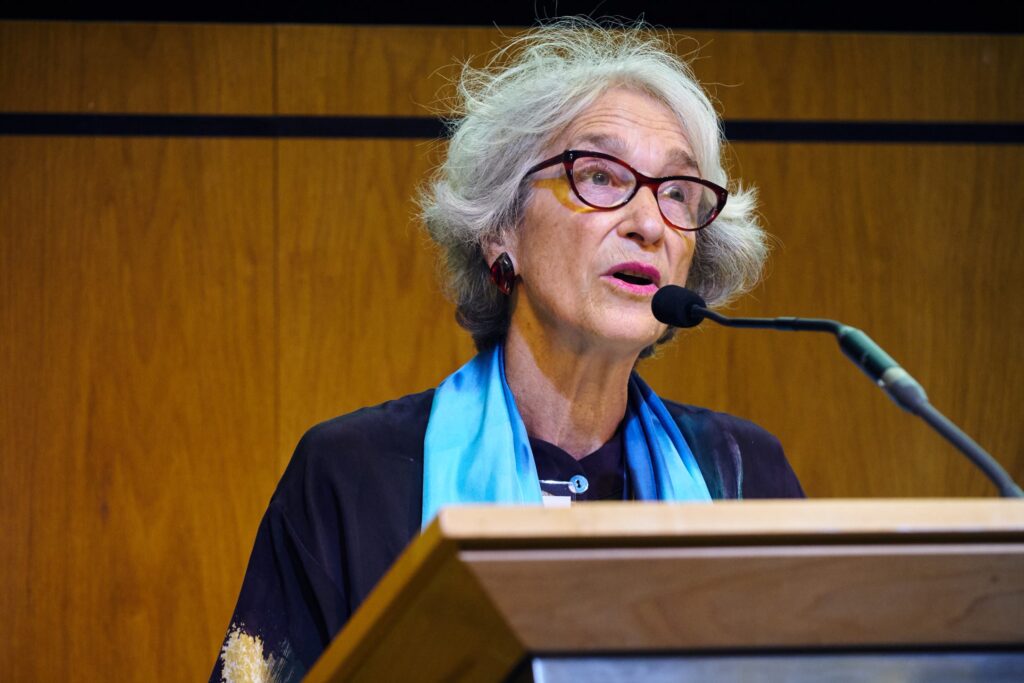
Veronica Franklin Gould
(photo: Jon Holloway, A4D)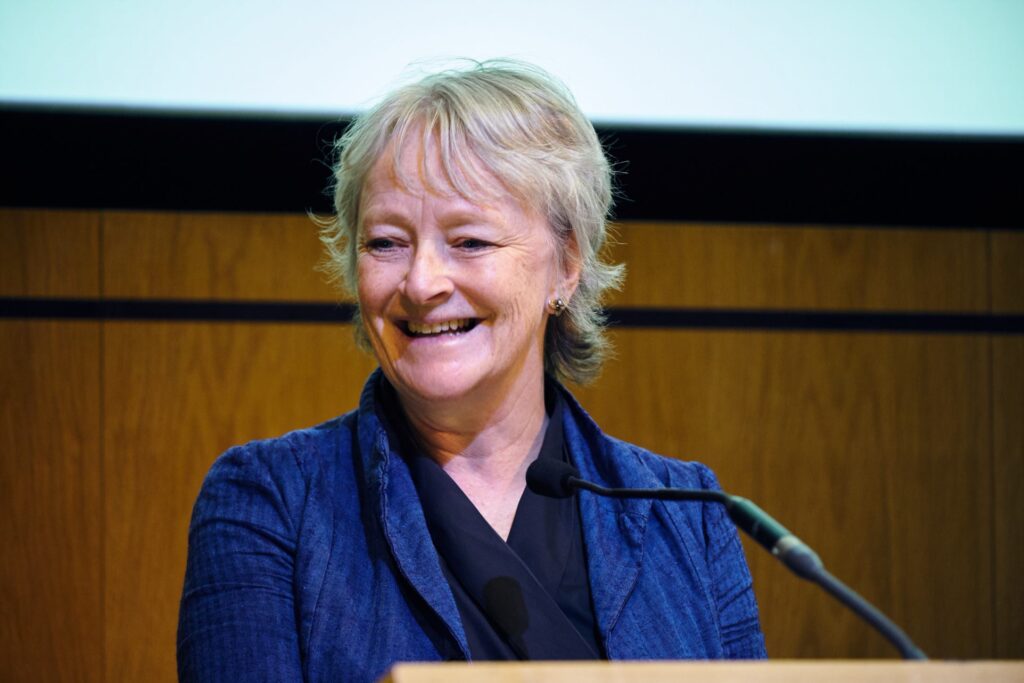
Alexandra Coulter, Director, National Centre for Creative Health (photo: Jon Holloway) 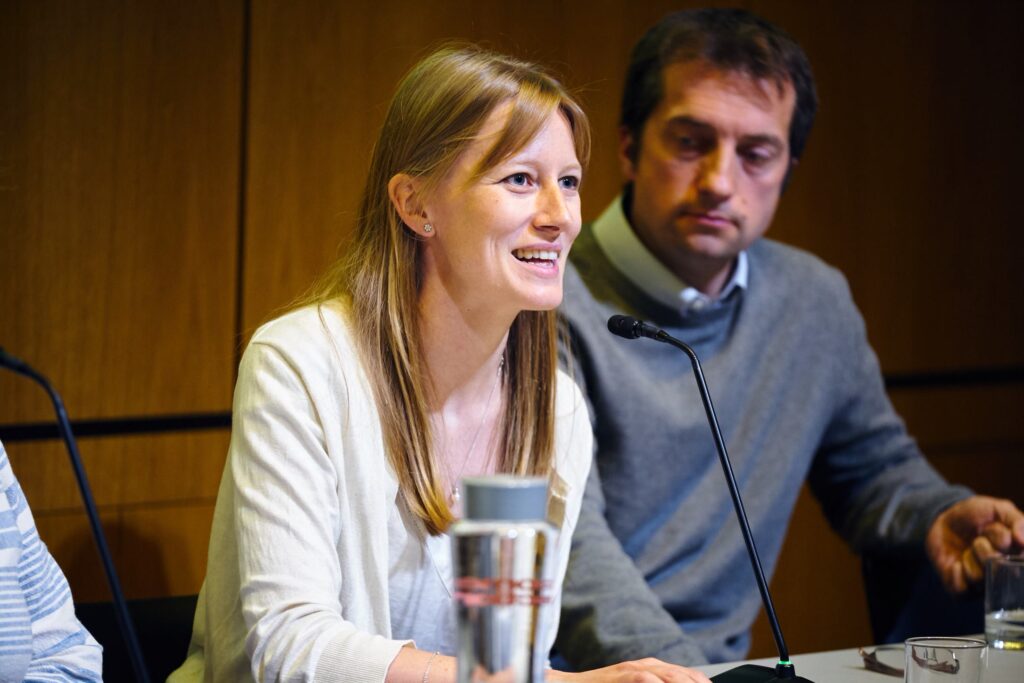
Dr Daisy Fancourt and Professor Sebastian Crutch (photo: Jon Holloway)
Alexandra Coulter, Chair of the Culture, Health and Wellbeing Alliance, chair
- Christine Maddocks, environmentalist and former police officer, living with Young Onset Dementia.
- Dr Daisy Fancourt, Senior Research Fellow / Wellcome Research Fellow, Research Dept of Behavioural Science & Health, University College London, “Arts, cultural engagement, cognition and dementia“.
- Professor Sebastian Crutch, Professor of Neuropsychology, Dementia Research Centre, University College London, “Implications for social prescribing of the lived experiences of people with rarer dementias“.
p
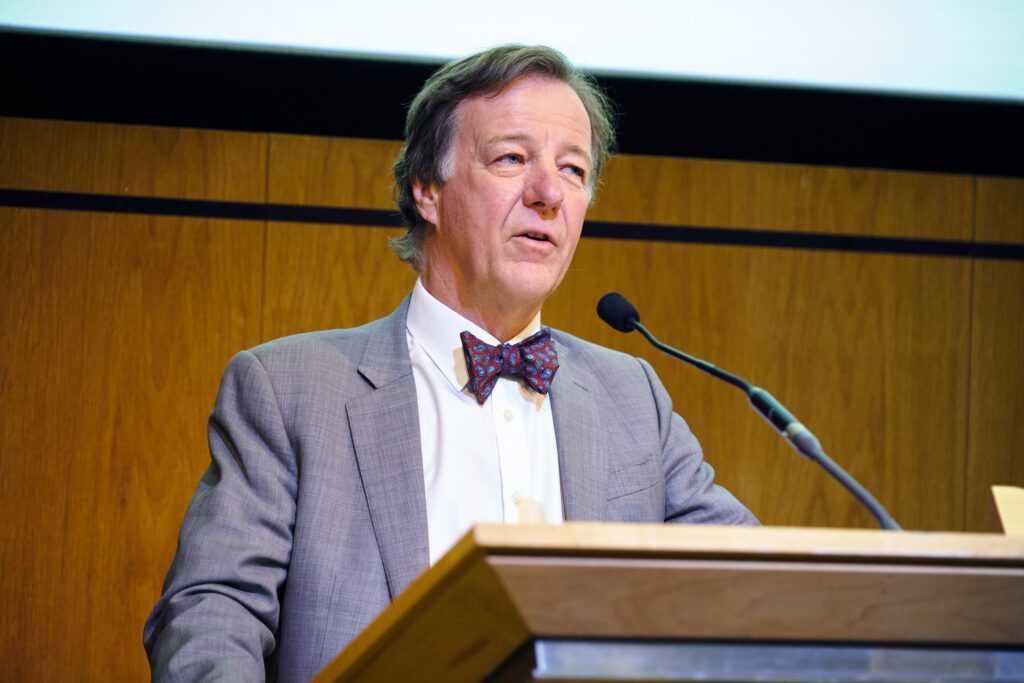
Dr Michael Dixon (photo: Jon Holloway, A4D) 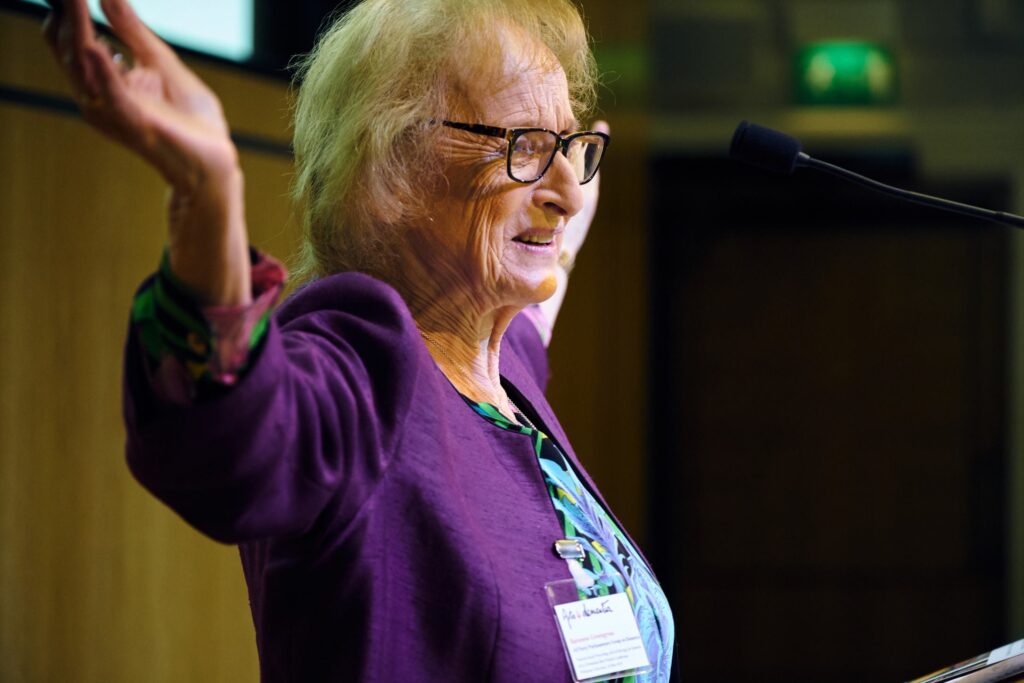
Baroness Greengross(photo: Jon Holloway, A4D)
KEYNOTE SPEECH Dr Michael Dixon OBE GP, National Clinical Lead for Social Prescription, NHS England and Co-Chair, Social Prescribing Network, “Social Prescribing for Dementia in Practice“.
KEYNOTE SPEECH Baroness Greengross, Co-Chair, All-Party Parliamentary Group on Dementia
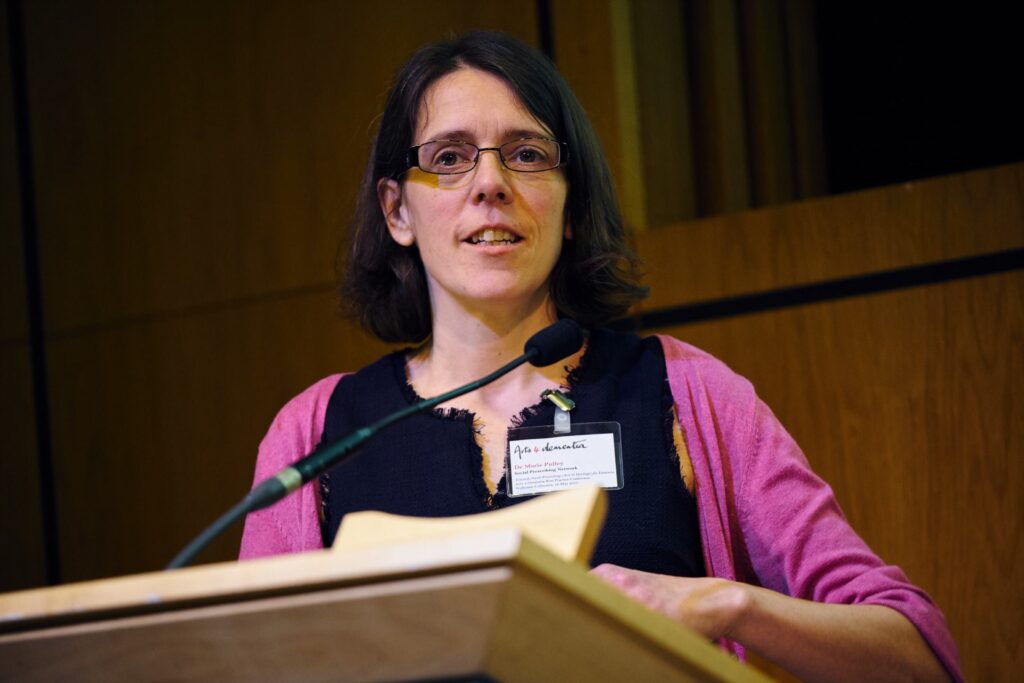
Dr Marie Polley (photo: Jon Holloway, A4D) 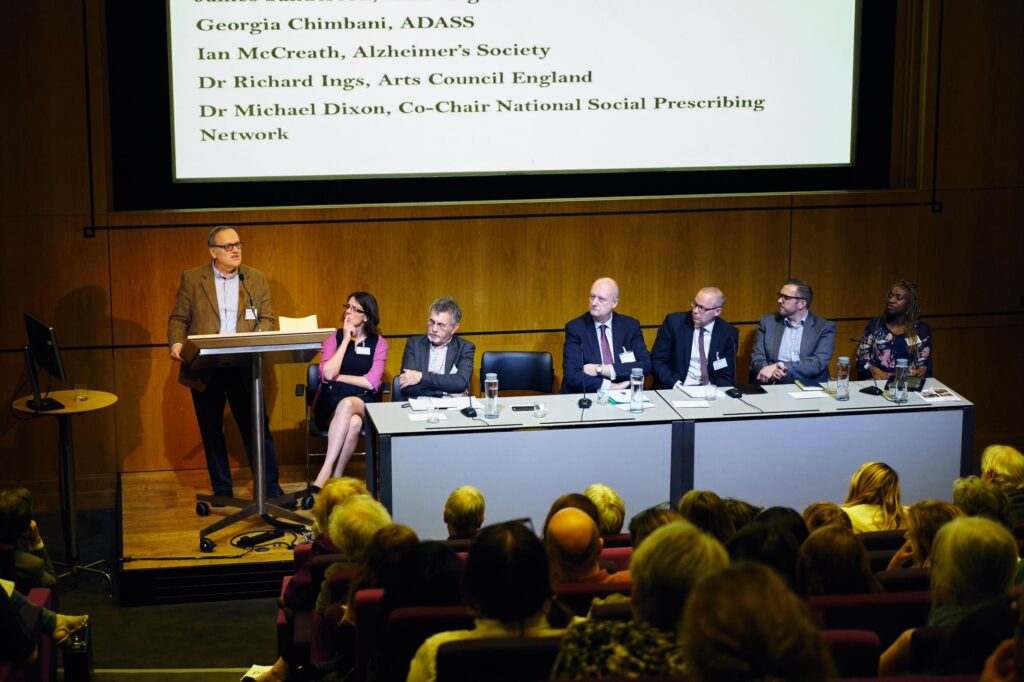
Plenary Debate (photo: Jon Holloway, A4D)
PLENARY DEBATE, chaired by Dr Marie Polley, Co-Chair Social Prescribing Network
- Dr Charles Alessi, Dementia Lead, Public Health England
- Dr Michael Dixon OBE GP National Clinical Lead for Social Prescription, Chair, College of Medicine.
- Professor Martin Green OBE, Chief Executive, Care England
- James Sanderson, Director Personalised Care Group, NHS England
/li> - Georgia Chimbani, Dementia Lead, Association of Directors of Adult Social Services (ADASS)
- Ian McCreath, Personalisation Lead, Alzheimer’s Society
- Dr Richard Ings, Arts in Health Arts in Health, Wellbeing and Criminal Justice lead, Arts Council England
ARTS FOR EARLY-STAGE DEMENTIA, chaired by Dr Patricia Vella-Burrows, Principle Research Fellow, Sidney De Haan Research Centre for Arts & Health, Canterbury Christ Church University:
- Dr Sophia Hulbert, Neurophysiotherapist, Pavilion Dance South West “(A4D) Reawakening’s Project: Dance for Dementia at Pavilion Dance South West“.
- Gemma Dixon, Director, Music for Memory, “(A4D) Choir and Organ at St Peter’s, Bournemouth“.
- Grace Meadows, Programme Director, The Utley Foundation “Music for Dementia 2020“.
- Lucy Wells, Communities Education Manager, Southbank, and Nick Makoha, poet, “(A4D) Poetry for dementia at the National Poetry Library”.
SOCIAL PRESCRIBING (ARTS & HERITAGE) FOR DEMENTIA MODELS OF PRACTICE, PARTNERSHIPS, CREATIVE COMPANIONS & TRAINING, chaired by Wendy Gallagher:
- Nicky Taylor, Theatre and Dementia Research Associate, Leeds Playhouse, with recorded message from Deborah Marshall, Peer Support Co-Ordinator, Leeds City Council. “I see land ahead. Life goes on… Theatre, dementia and hope at Leeds Playhouse.“
- Dr Richard Hooker, Clinical Lead and Paula Morrell, Health & Social Care Assistant, My Care My Way, Kalwant Sahota, Self-Care and Third Sector Commissioning Development Manager, NHS West London CCG, Royal Borough of Kensington & Chelsea, “My Care My Way“; with Kathryn Gilfoy, Director of Resonate Arts and Emma Nutland, Projects Manager, “Resonate Arts: Creative Wellbeing for People Living with a Dementia”.
- Wendy Gallagher, Head of Learning & Engagement, Manchester Museum, Arts & Health Partnership Manager, The Whitworth and Manchester Museum. “Beyond Dementia“.
- Kate Parkin, Creative Age Programme Manager, Equal Arts, “How can Social Prescribing enhance the lives of older adults?“.
- Bogdan Chiva Giurca, Founder & Chair, NHS England Social Prescribing Student Champion Scheme, “Harnessing the Untapped Potential of the Younger Generation“.
- Professor Helen Chatterjee MBE, Head of Research and Teaching at UCL Culture and Professor of Biology, University College London. “Museums on Prescription: The bio-psychosocial impact of museum participation for isolated and lonely older adults“.
- Nigel Franklin, Chief Executive, A4D. “Find your local arts opportunities for dementia and post your arts events for dementia on www.arts4dementia.org.uk“.
